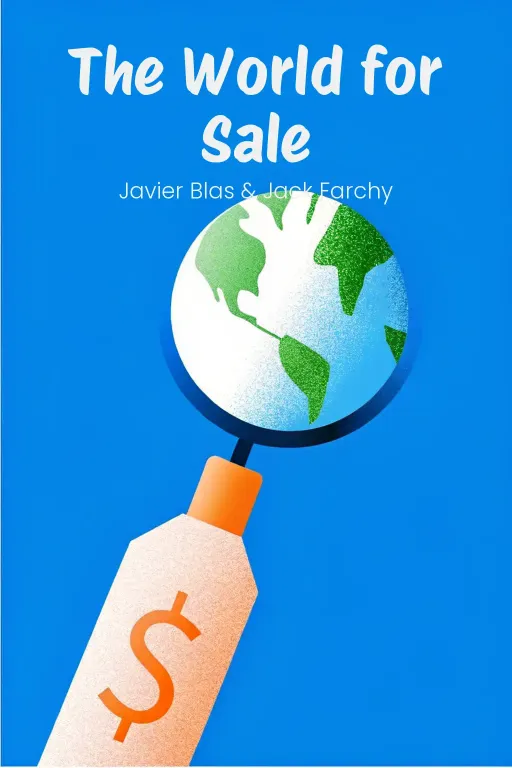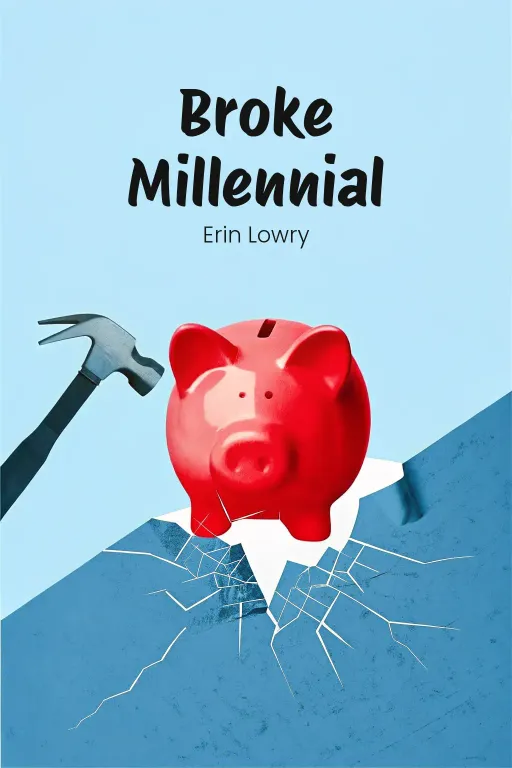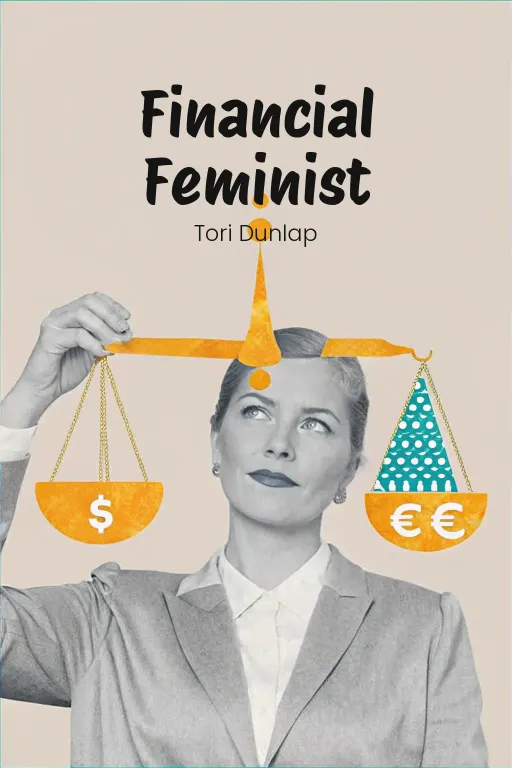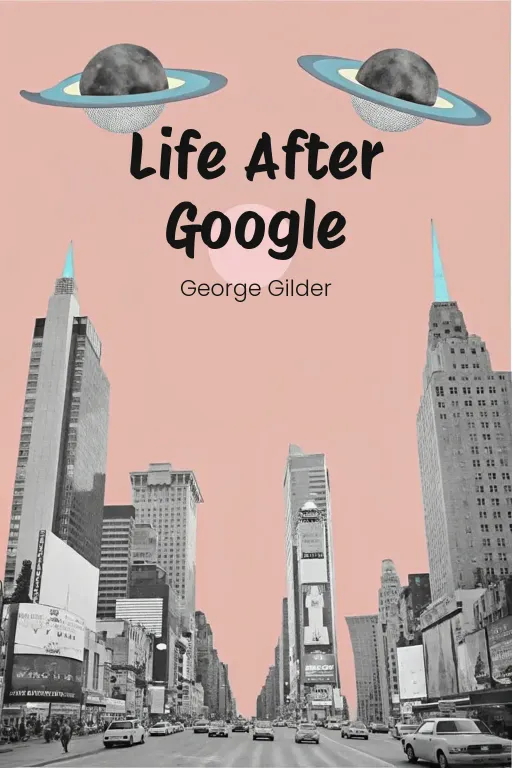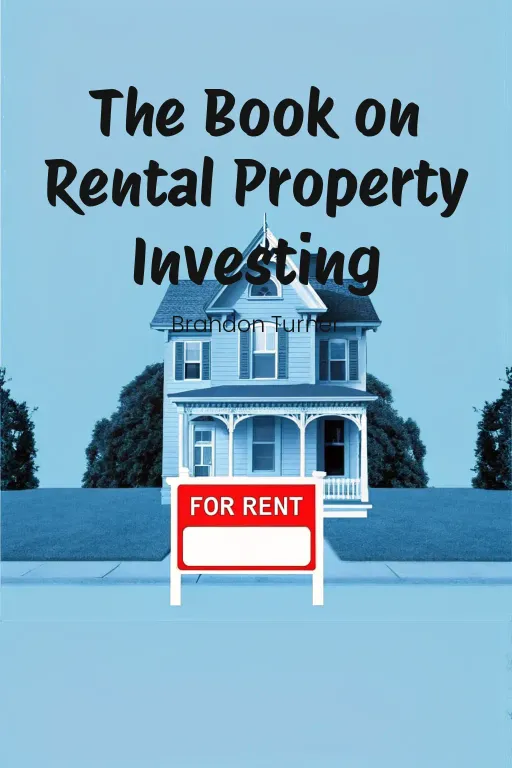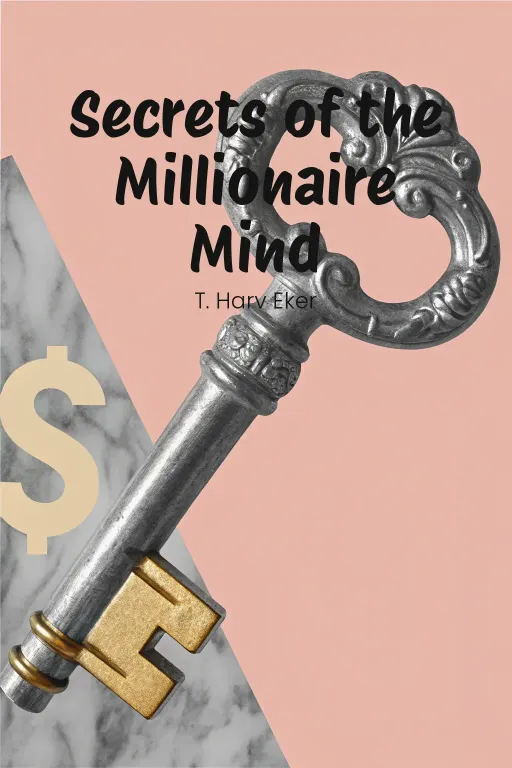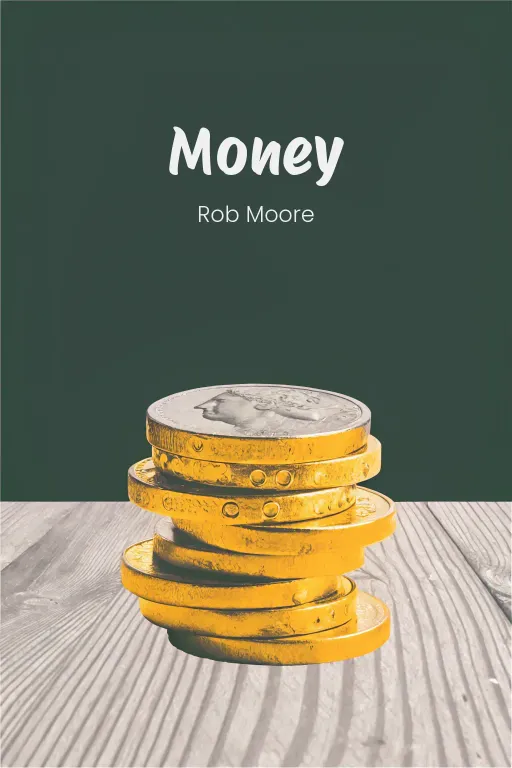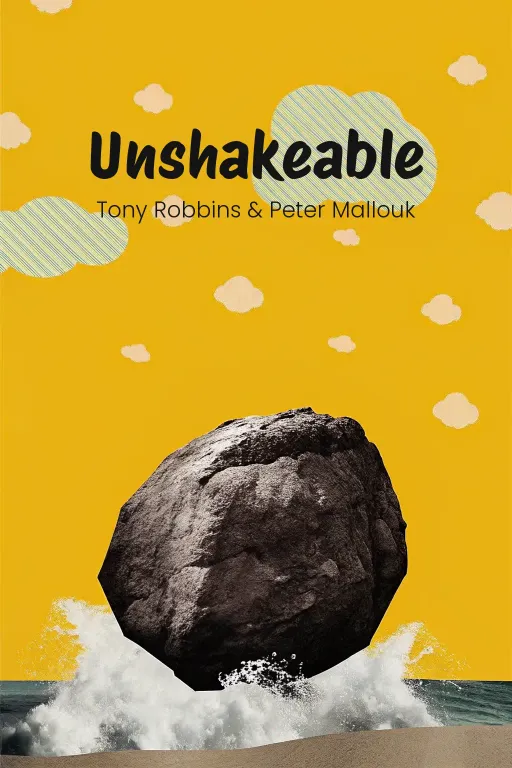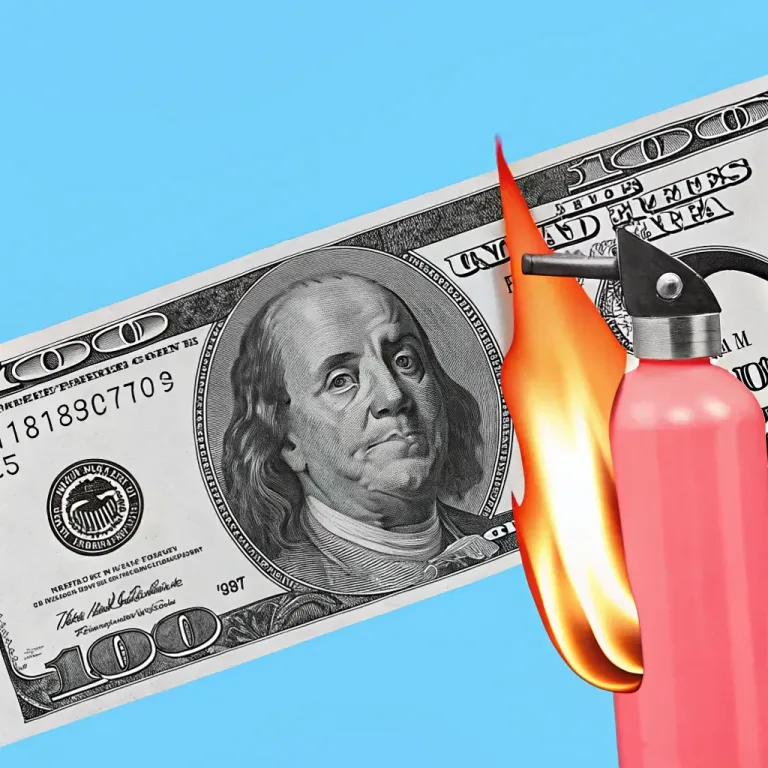
Escape the Hamster Wheel: Design Your Dream Life
Podcast by Let's Talk Money with Sophia and Daniel
How Far Would You Go for Financial Freedom?
Escape the Hamster Wheel: Design Your Dream Life
Part 1
Daniel: Hey everyone, and welcome! Today, we're tackling something that could seriously change how you see money and happiness. Think about ditching that whole work-spend-repeat hamster wheel. What if you could retire, like, decades ahead of schedule and actually build a life around what you care about? Sophia: Okay, that sounds pretty tempting, I have to admit. But where’s the fine print? I'm picturing a life without lattes, streaming services, and anything remotely enjoyable. Am I close? Daniel: Not at all! It’s not about giving everything up, Sophia. It’s about being “intentional” with your choices. We’re diving into Playing with FIRE by Scott Rieckens. He and his wife, Taylor, went from this seemingly perfect, consumer-driven life in California to fully embracing the Financial Independence, Retire Early movement. Sophia: Ah, yes, FIRE. Sounds intense. Is it just a bunch of extreme budgeting and instant noodles? What’s the core message here? Daniel: Scott shares how they decided to redefine what success meant to them. They cut through all the societal noise and really reshaped their lives, focusing on their values and purpose, not just accumulating stuff. And it's super practical—he talks about things like downsizing, building better spending habits, and investing smarter. Sophia: "Practical" is a strong word. I imagine there were a few bumps along the road. What else are we going to unpack? Daniel: We're going to hit three main points: First, the philosophy behind FIRE and why it's so much more than just dollars and cents. Then, we'll get into actionable ways to budget and invest. And finally, we'll look at how all of this can actually boost your happiness and sense of community. This isn't just a how-to guide for saving money; it's about rethinking what "wealth" really means. Sophia: Rethinking wealth... I like the sound of that. Alright, Daniel, let’s set this thing on fire. I've got some questions ready to go.
Financial Independence and Intentional Living
Part 2
Daniel: Okay, so let's dive into the philosophy behind the FIRE movement. It's not just about saving every penny; it's really a fundamental shift in how you see life, work, and what makes you happy. The Rieckens' story is a great example. They seemed to have it all—good incomes, a fancy apartment, eating out all the time—but they were basically living paycheck to paycheck. Sophia: Yeah, that classic trap. High income, but also high expenses, and no real safety net. So, what changed for Scott and Taylor? What was that turning point? Daniel: Well, Scott stumbled upon the Mr. Money Mustache blog, which really challenges how we usually think about money, you know? It was a real wake-up call. They realized their lifestyle wasn't really making them happy—it was just keeping them stuck on this treadmill. So, they sat down together and asked themselves a crucial question: what actually brings us joy? Sophia: Okay, sounds good in theory. But honestly, if you’re used to fancy vacations and Michelin-star restaurants, can a walk in the park really compare? Daniel: It's funny you ask! For them, it actually did. They made a list of things that genuinely made them happy, and most of it was simple stuff—like being outside, or having coffee together at home. It wasn’t the expensive car or the fancy meals. It was all about connection and experiences. That's when they started to rethink their values, cut out the unnecessary spending, and really focus on what mattered to them. Sophia: So, less "keeping up with the Joneses," and more "keeping up with yourself," huh? But doesn’t that take some serious willpower? I mean, Taylor had to give up that BMW she loved. How do you make that work? Daniel: Definitely, it's not a walk in the park. But they looked at it differently. Instead of seeing it as a loss, they thought of it as buying their freedom. Selling the car freed up money they could invest, which sped up their journey to early retirement. Taylor said it was hard, but the sense of relief and the long-term benefits were worth it. Sophia: Okay, so we’re on the same page about the change in mindset: happiness above appearances. But there must be practical strategies involved. What else did they do besides selling the car? Daniel: Absolutely. They did a complete "financial audit"—tracking every single penny. That's when they saw how much money was going to things they didn't even care about. The leased car alone was costing them almost five thousand dollars a year, which added over a year to their FIRE timeline! Once they saw the numbers, they started cutting expenses everywhere. Sophia: So, is it all about cutting costs, or is saving only part of the puzzle? Daniel: Exactly. It’s only half the battle. The other half is growing your money. They used FIRE strategies like the 4 Percent Rule. Have you heard of it? Sophia: I think so... isn’t it some kind of calculation to figure out how much you need to retire? Daniel: Exactly. It's a guideline on how much you can withdraw from your investments each year without running out of money. Basically, you multiply your annual expenses by 25 to get your target retirement fund. So, if you spend $50,000 a year, you'd aim for $1.25 million in investments. Sophia: Okay, but is that realistic for everyone? I mean, not everyone can just save a million bucks. Daniel: That’s what’s great about FIRE—it's flexible. You lower your expenses to lower your target. For Scott and Taylor, that meant a smaller place, cooking more meals at home, trading luxury for practicality. It comes down to: how much are you willing to adjust your lifestyle to buy back your time? Sophia: I see. So, FIRE isn't about being stingy, it’s about spending on things you truly value. I can appreciate that. But what about after you reach financial independence? Does it guarantee happiness? Daniel: Great question! That’s where intentional living comes in. It's not just about cutting things out—it's about adding things in. For the Rieckens, that meant prioritizing daily routines and spending quality time with their daughter, Jovie. More time outdoors, cooking together, just being present as a family. Sophia: Okay, let me be cynical again. Is all this "happy family" stuff just making it sound better when, ultimately, you’re giving up a lot to live frugally? Daniel: I see where you're coming from, but it's not about being frugal just to be frugal. It’s about freedom. The Rieckens could step back and say, "Our life is now based on what we want, not what society tells us to want." And here’s the thing: they actually enjoyed life more because they had time for the things that “really” mattered. Sophia: Well, I have to admit. Time is the one thing you can't get more of. And honestly, not being stuck in a job 40 hours a week sounds… liberating. Daniel: Exactly! Their story shows that wealth isn't about a big paycheck or possessions—it's about freedom and purpose. They made their footprint smaller, but they expanded their horizons. And that’s the main lesson behind financial independence and intentional living: defining wealth as the life you create with your time. Sophia: Hmm. Alright, Daniel. You might be starting to convince me—maybe.
Conclusion
Part 3
Daniel: Okay, so to sum up our discussion, we’ve looked at the FIRE movement through Scott and Taylor Rieckens’ story – their transition from a consumer mindset to a life of intention. It's not just about extreme saving or early retirement, right? It’s more about making sure your money decisions match up with what actually makes you happy and gives your life meaning. Sophia: Yeah, and I think balance is the crucial thing here. It's not about sacrificing everything you enjoy, but about making smart choices so you can have more freedom. Things like cutting out unnecessary costs, rethinking what wealth really means, or even using the 4 Percent Rule—it's all about designing a life that reflects what you truly value. Daniel: Precisely. And it's really not a one-size-fits-all thing. The Rieckens show us that financial independence can look different for everyone. But underlying it all is this common goal, you know? More freedom, more purpose, and more time to focus on what’s really important to you. Sophia: So, here's the big question: what are you willing to tweak, whether it's a major overhaul or just small adjustments, to build a life that “really” lines up with what you believe in? Because whether you go all-in on FIRE or just take bits and pieces, it’s really about stepping off that treadmill and start living intentionally. Daniel: Absolutely, Sophia. So, we’ll leave you with this to think about: What does wealth actually mean to you? Is it just about the money, or is it more about freedom, or maybe something else entirely?

